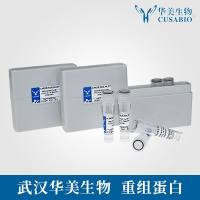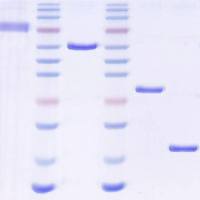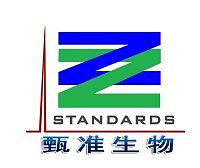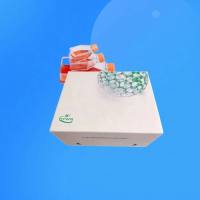Prognostic Relevance of Angiogenic, Proliferative, and Apoptotic Factors in Lung Carcinomas: A Case Review
互联网
590
Angiogenesis—the development and formation of new blood vessels—is important in a variety of processes such as growth and differentiation, wound healing, and the formation of neoplasms. An avascular tumor grows to a size of 2-3 mm and only rapidly expands when it becomes vascularized. Many cells, including tumor cells, affect the formation of new vessels by secreting angiogenic and anti-angiogenic factors (1) . The balance of positive and negative angiogenic factors determines whether cells remain in a state of vascular homeostasis, or whether they proceed to the stage of neovascularization. These factors may include a combination of vascular endothelial growth factor (VEGF), basic fibroblast growth factor (bFGF), platelet-derived endothelial cell growth factor (PD-ECGF), and/or angiostatin.









